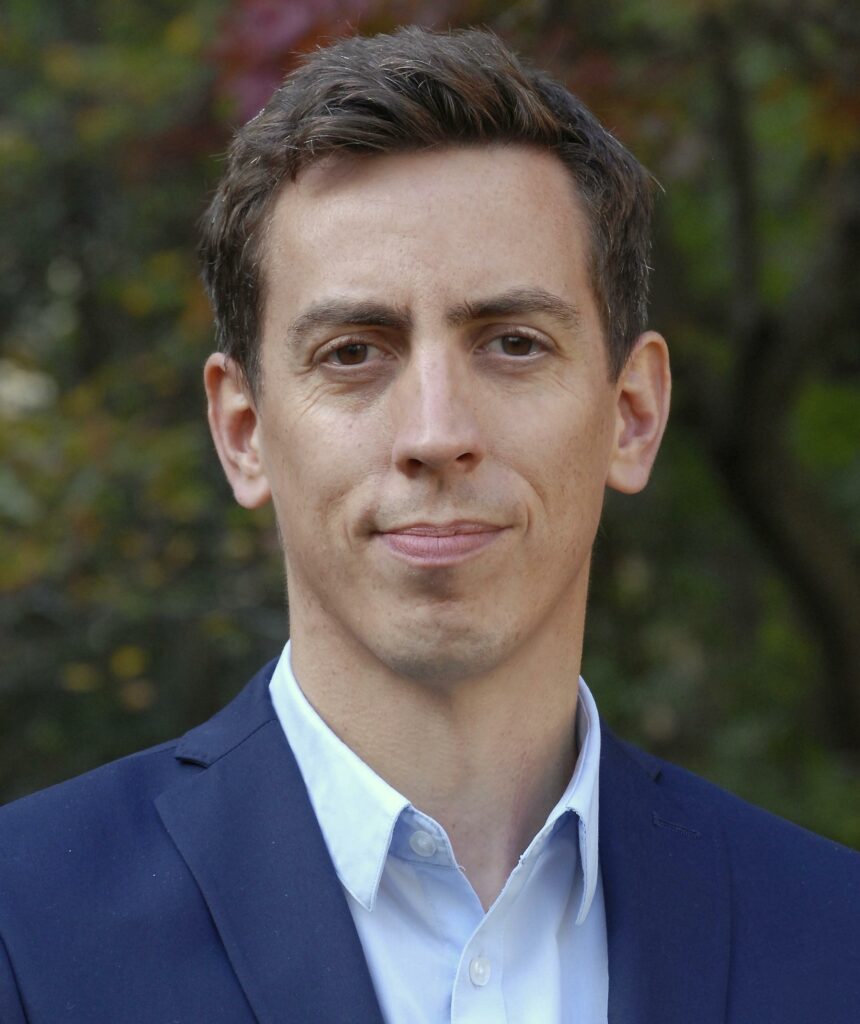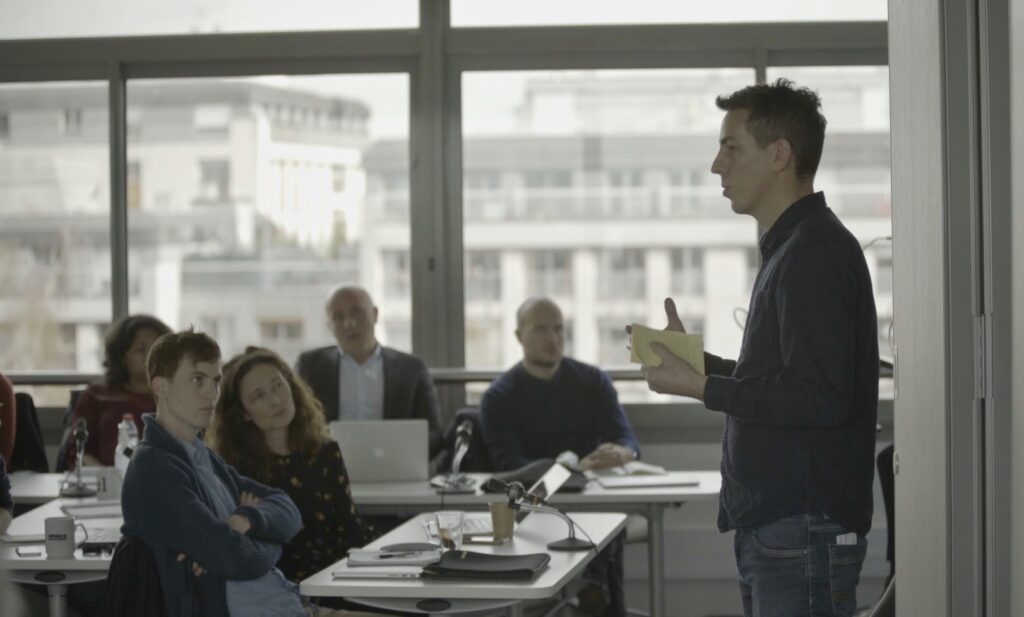2017-2020 Impact Report
Read Forbidden Stories’ impact report from its first three years of existence, here.
A word from Forbidden Stories’ founder and executive director, Laurent Richard

Laurent Richard.
“In October 2017 as we were preparing to launch a collaborative network of journalists dedicated to pursuing and publishing the work of other reporters facing threats, prison or murder, prominent Maltese investigative journalist Daphne Caruana Galizia was horrifically silenced with a car bomb.
Her murder was a cruel and stark reminder of how tenuous the free flow of information can be when democratic systems falter. We added the name of Daphne Caruana Galizia to the sad and long list of journalists whose work Forbidden Stories is committed to continuing.
For five months, we coordinated a historic collaboration of 45 journalists from 18 news organizations, aimed at keeping Daphne Caruana Galizia’s stories alive. Her investigations, as a result of this, ended up on the front pages of the world’s most widely-read newspapers. Seventy-four million people heard about the Daphne Project worldwide. Although her killers had hoped to silence her stories, the stories ended up having an echo way further than Malta.
Three years later, the journalists of the Daphne Project continue to publish new revelations about her murder and pursue the investigations she started. Their explosive role in taking down former Maltese high-ranking government officials confirms that collaboration is the best protection against impunity.

Laurent Richard speaking at a meeting with Forbidden Stories' media partners, in Paris, in March 2020.
That’s why other broad collaborative investigations followed.
The Green Blood Project, in 2019, pursued the stories of reporters in danger for investigating environmental scandals.
A year later, the Cartel Project pursued the work of slain Mexican journalist Regina Martínez and dived deeper into the global networks of Mexican drug cartels.
On a smaller scale, we have developed rapid response projects. We investigated the circumstances behind the murders of Ecuadorian, Mexican and Ghanaian journalists; looked into cases of reporters threatened for working on Covid-19; and followed the cyber-surveillance of Moroccan journalist Omar Radi.
By continuing and publishing the work of reporters who can no longer investigate, we have sent a powerful message to enemies of the free press: killing the journalist won’t kill the story. The need for such an organization is painfully apparent.
Our Paris-based team is growing in order to sustain our steady development. It now includes nine full-time employees.
A subsidiary company, Forbidden Films, was created to produce documentaries in order to further broaden the reach of our work.
I would like to express my deepest thanks to the charitable foundations supporting our nonprofit, as well as all of our media partners, without whom none of this would have been possible.
The prestigious George Polk Special Award was recently attributed to the Cartel Project journalists. This award is a strong endorsement of our work and another push for pursuing our mission.”
Laurent Richard
2017-2020 Impact Report


